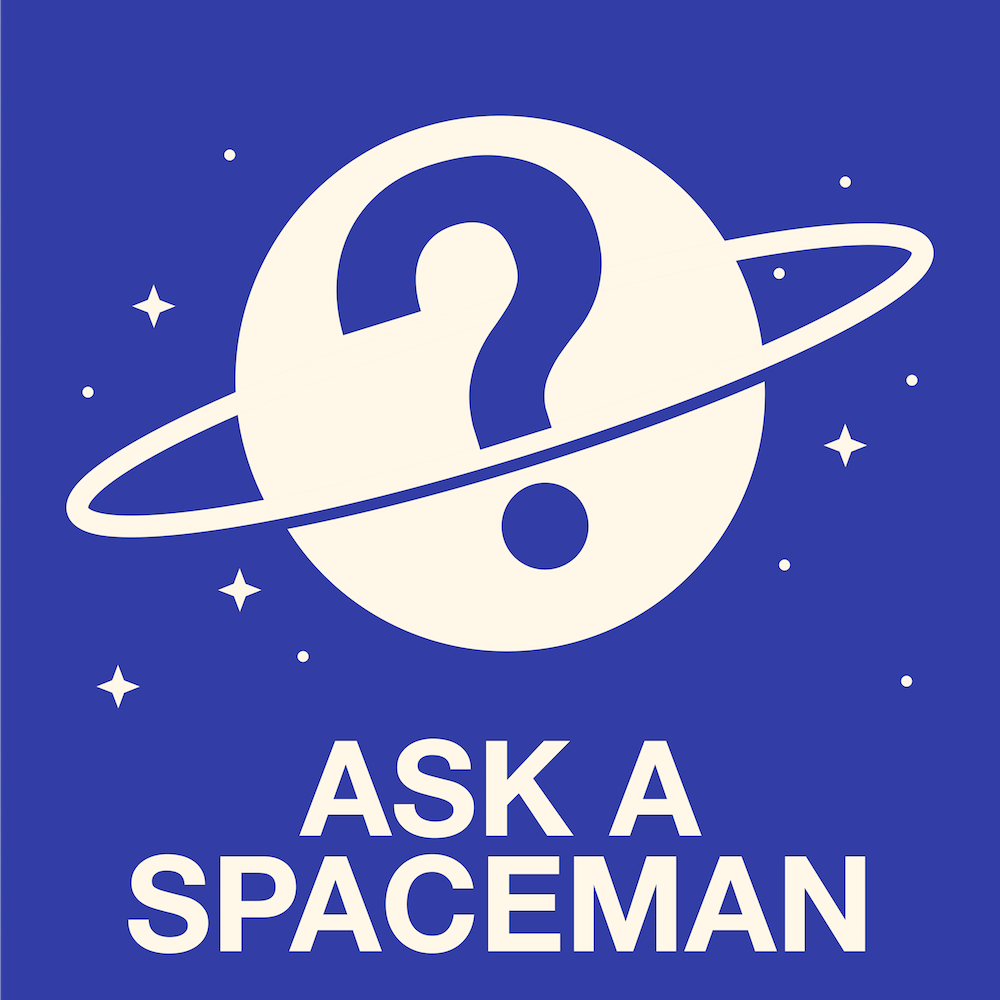Why didn’t the big bang collapse in a singularity? What would a universe-sized black hole be like? Now that I think about it, do we live inside a giant black hole already?


Why didn’t the big bang collapse in a singularity? What would a universe-sized black hole be like? Now that I think about it, do we live inside a giant black hole already?

Could we nudge the orbit of the Earth to avoid the death of the Sun? Could it get kicked out of the solar system altogether? What are rogue exoplanets?

If light always travels at the speed of light, how does it slow down when passing through air or water? Does it matter is light is made of particles or waves? What’s the difference between phase velocity and group velocity, and how does that all play into this?

What are the biggest mysteries facing modern astronomers? What questions do I wish could be answered in my lifetime? What are most astronomers working on right now?

What discoveries and insights made the biggest impacts in astronomy and physics? What were the biggest surprises? What results took the longest to achieve? I discuss these questions and more in today’s Ask a Spaceman!

How does a black hole make a shadow? What can we learn from it? What are we seeing when we look at a black hole? I discuss these questions and more in today’s Ask a Spaceman!

What are the advantages of robotic exploration of the solar system? What are the limitations? Is there any situation where human exploration is better?

What are Dyson spheres? What would be involved in building one? How much energy would it cost, and could we ever pay it back?

What’s the temperature of deep space? Can it get any colder than that? How do we even define temperature when there’s nothing around? I discuss these questions and more in today’s Ask a Spaceman!

How do we know that the universe doesn’t rotate? Why would it matter if it did? What does all this have to do with time travel?